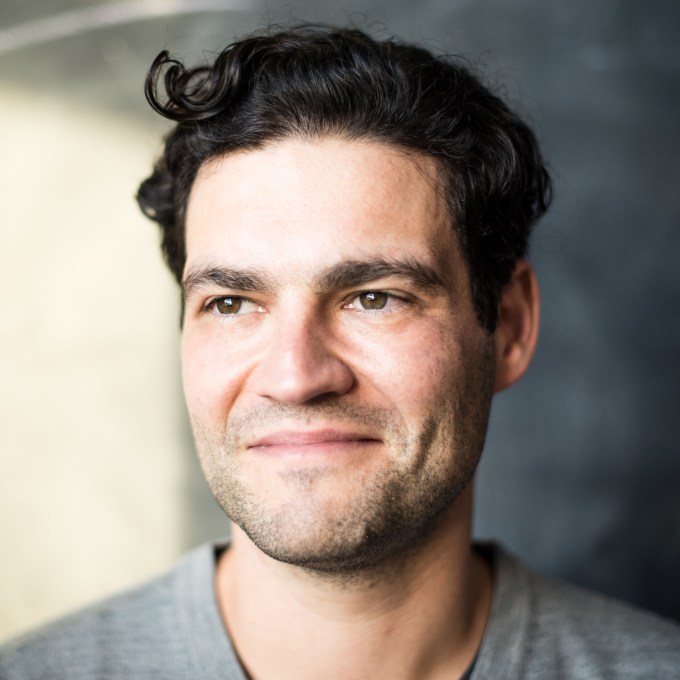Kleiner Perkins, one of the most storied franchises in venture capital, has already invested much of the $600 million it raised last year and is now going back out to the market to raise its 19th fund, according to multiple sources.
The firm, which underwent a significant restructuring over the last two years, went on an investment tear over the course of 2019 as new partners went out to build up a new portfolio for the firm — almost of a whole cloth.
A spokesperson for KPCB declined to comment on the firm’s fundraising plans citing SEC regulations.
The quick turnaround for KPCB is indicative of a broader industry trend, which has investors pulling the trigger on term sheets for new startups in days rather than weeks.
Speaking onstage at the Upfront Summit, an event at the Rose Bowl in Pasadena, Calif. organized by the Los Angeles-based venture firm Upfront Ventures as a showcase for technology and investment talent in Southern California, venture investor Josh Kopelman spoke to the heightened pace of dealmaking at his own firm.
The founder of First Round Ventures said that the average time from first contact with a startup to drawing up a term sheet has collapsed from 90 days in 2004 to 9 days today.
“This could also be due to changes in the competitive landscape … and there may be changes with First Round Capital itself,” says one investor. “It may have been once upon a time that they were looking at really early raw stuff… But, today, First Round is not really in the first round anymore. Companies are raising some angel money or Y Combinator money.”
At KPCB, the once-troubled firm has been buoyed by recent exits in companies like Beyond Meat, a deal spearheaded by the firm’s former partner Amol Deshpande (who now serves as the chief executive of Farmers Business Network) and Slack.
And its new partners are clearly angling to make names for themselves.
“KP used to be a small team doing hands-on company building. We’re moving away from being this institution with multiple products and really just focusing on early-stage venture capital,” Kleiner Perkins partner Ilya Fushman said when the firm announced its last fund.

Kleiner Perkins partner Ilya Fushman
“We went out to market to LPs. We got a lot of interest. We were significantly oversubscribed,” Fushman said of the firm’s raise at the time.
In some ways, it’s likely the kind of rejuvenation that John Doerr was hoping for when he approached Social + Capital’s Chamath Palihapitiya about “acquiring” that upstart firm back in 2015.
At the time, as Fortune reported, Palihapitiya and the other Social + Capital partners, Ted Maidenberg and Mamoon Hamid would have become partners in the venture firm under the terms of the proposed deal.
Instead, Social + Capital walked away, the firm eventually imploded and Hamid joined Kleiner Perkins two years later.
The new Kleiner Perkins is a much more streamlined operation. Gone are the sidecar and thematic funds that were a hallmark of earlier strategies and gone too are the superstars brought in by Mary Meeker to manage Kleiner Perkins’ growth equity investments. Meeker absconded with much of that late stage investment team to form Bond — and subsequently raised hundreds of millions of dollars herself.
Those strategies have been replaced by a clutch of young investors and seasoned Kleiner veterans including Ted Schlein who has long been an expert in enterprise software and security.
“Maybe at this point they think they can raise based on the whole story about Mamoon taking over and a few years from now they won’t be able to raise on that story and will have to raise on the results,” says one investor with knowledge of the industry. “Mamoon is a pretty legit, good investor. But the legacy of the firm is going to be tough to overcome.”
All of these changes are not necessarily sitting well with limited partners.
“LPs are not really happy about what’s going on,” says one investor with knowledge of the venture space. “Everybody thinks valuations are too high since 2011 and people are thinking there’s going to be a recession. LPs think funds are coming back to market too fast and they’re being greedy and there’s not enough vintage diversification but LPs … feel almost obligated that they have to do these things… Investing in Sequoia is like that saying that you don’t get fired for buying IBM.”
Comments
Post a Comment